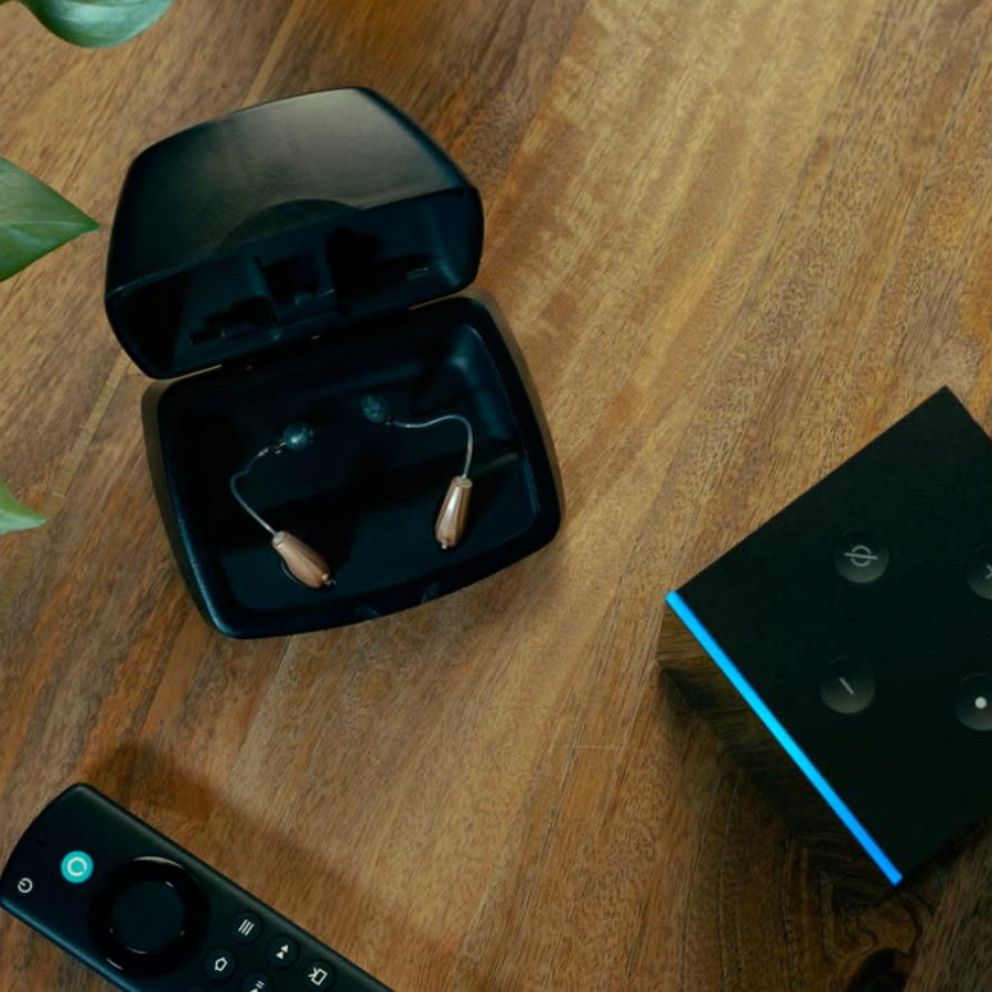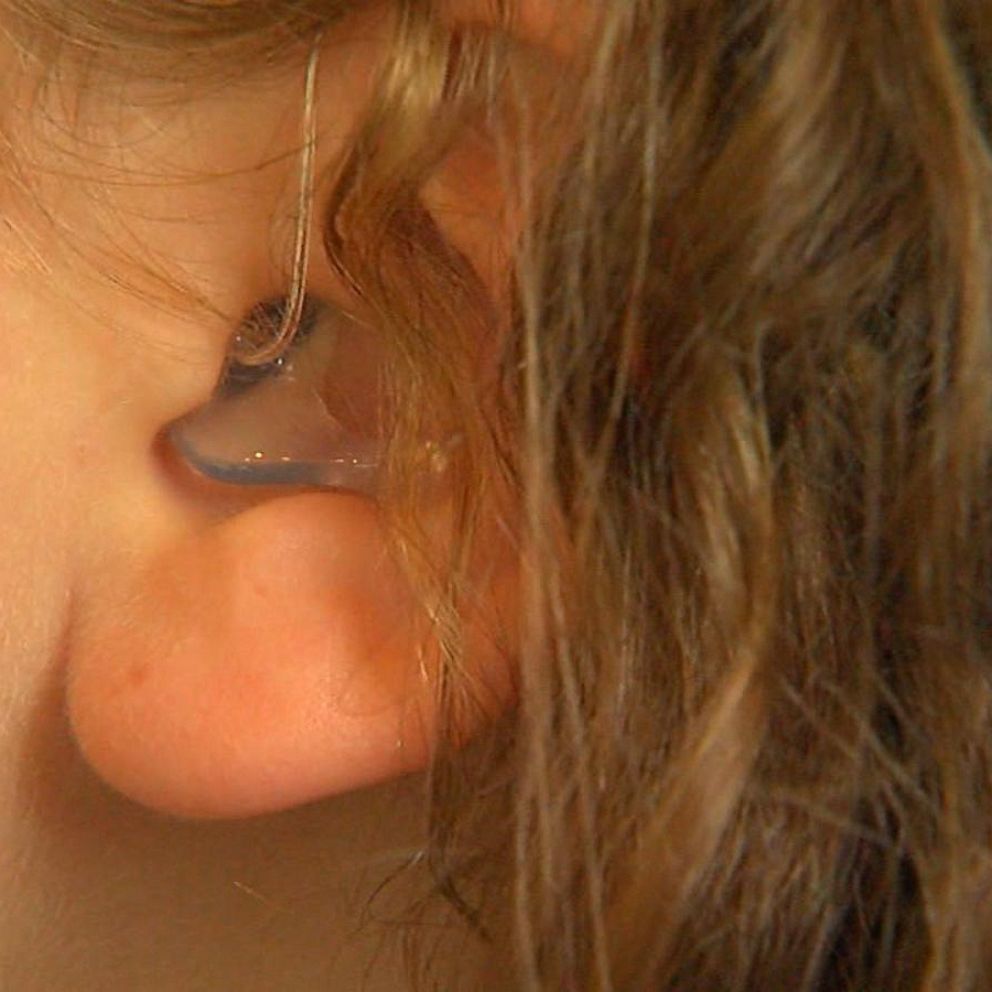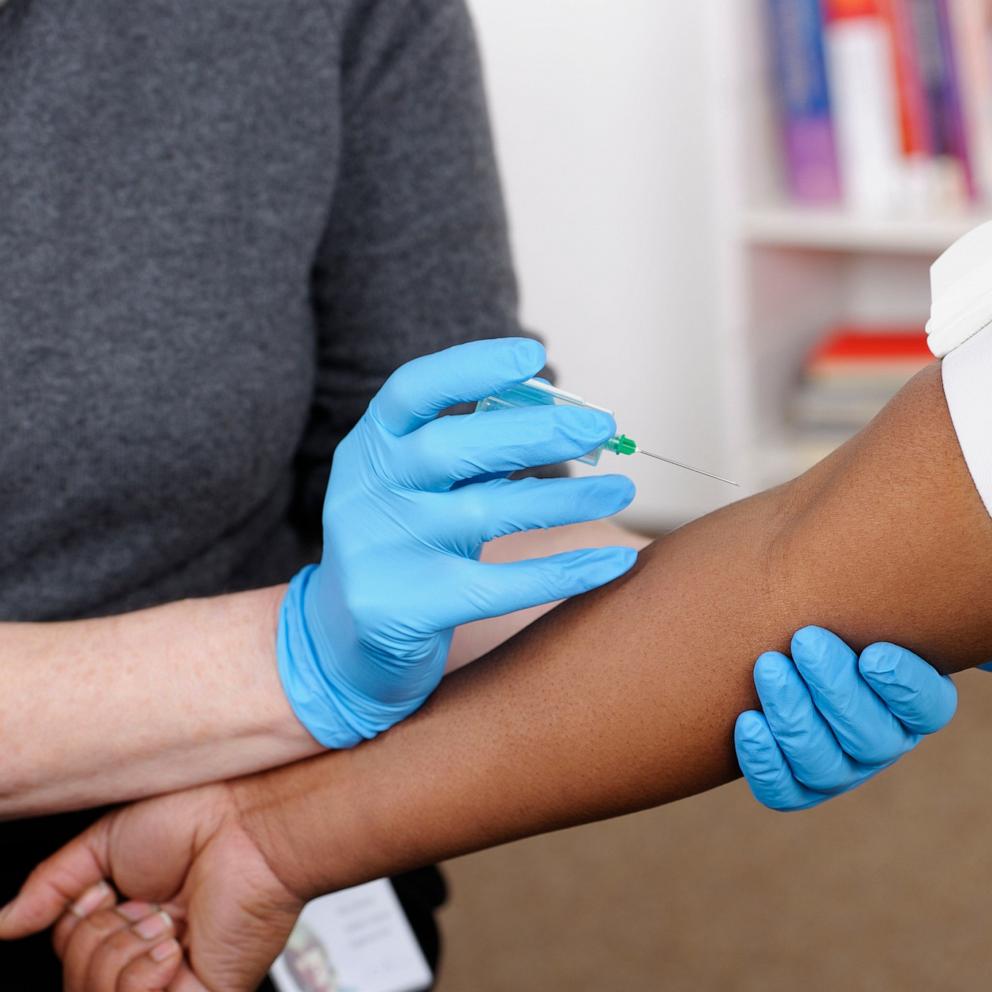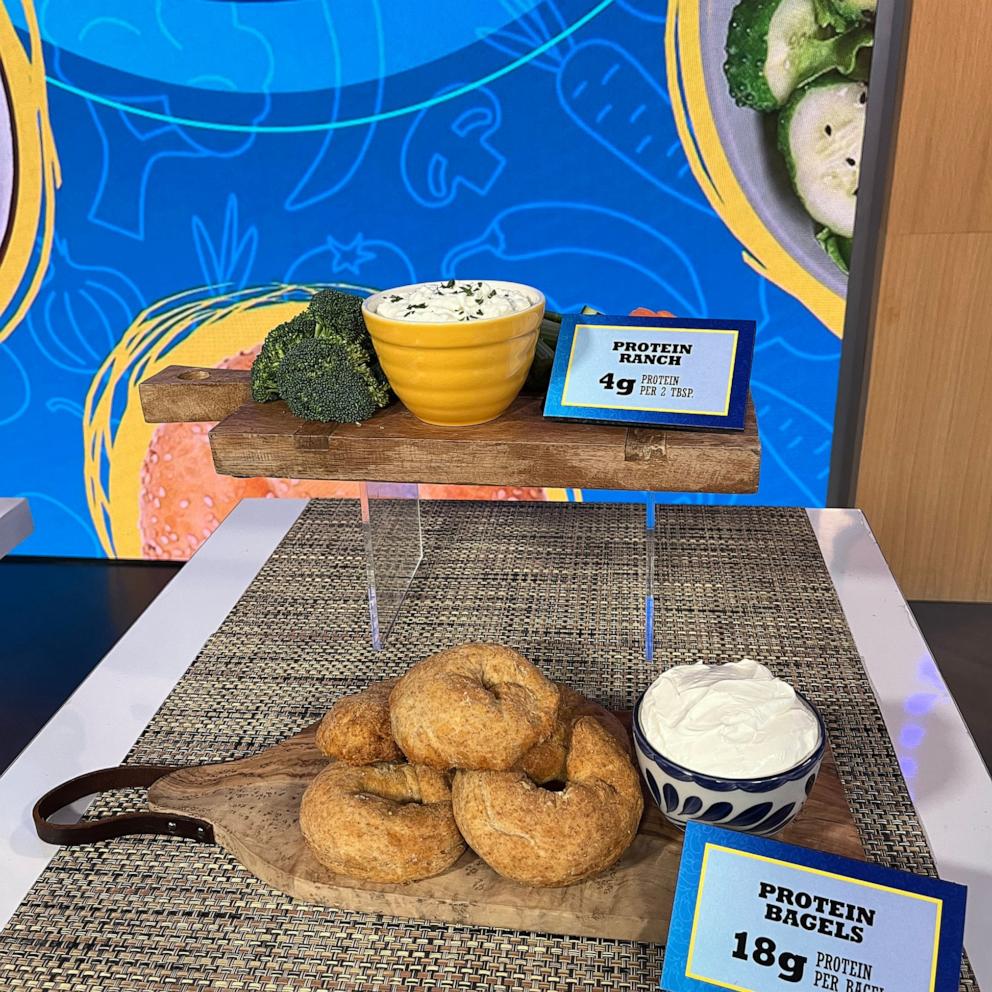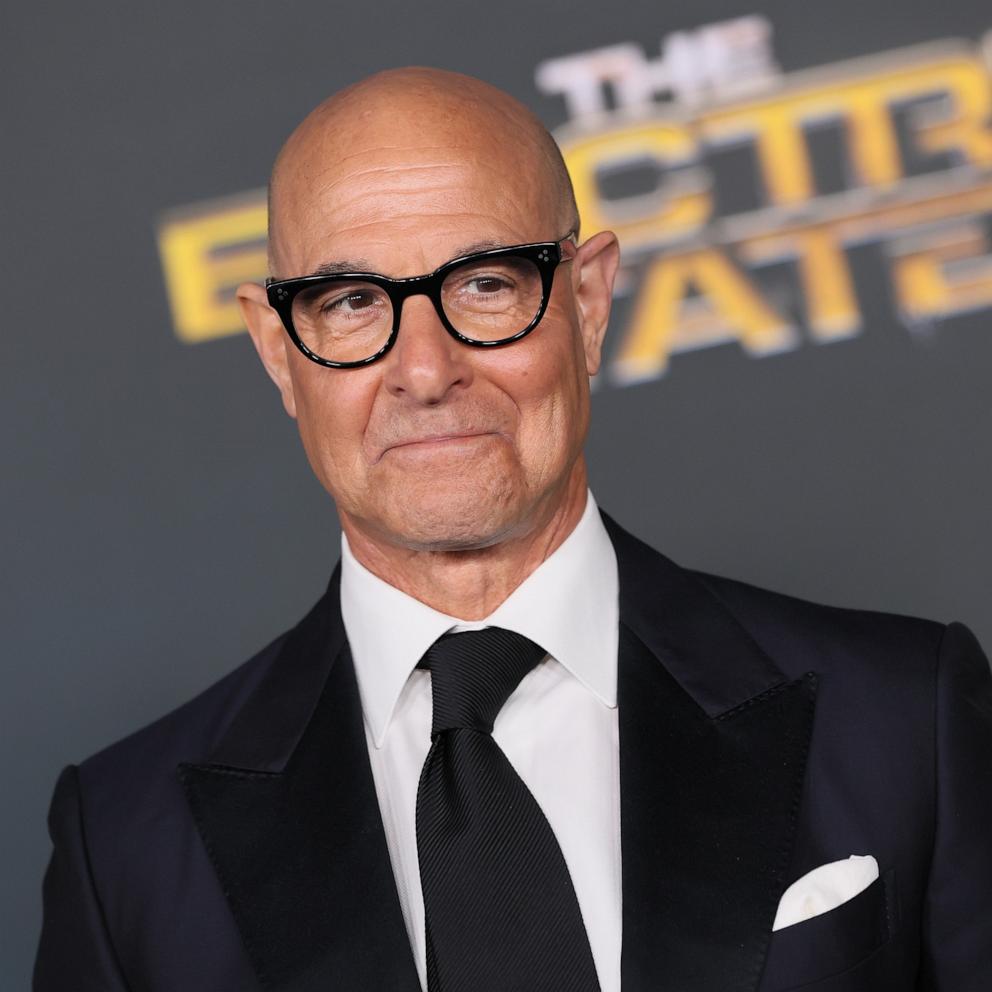Why are more young people using hearing aids?
Hearing aids aren't just for older adults anymore. More young people are tackling hearing loss with the technology, as first reported by The New York Times, and are speaking out to help remove the stigma that still comes with wearing a hearing aid.
New research suggests more than two-thirds of adults over 71 have at least some hearing loss but only about 30% of them utilize hearing aids. But younger people are also at risk of hearing loss, with the Centers for Disease Control and Prevention estimating that about a fifth of Americans 30 and under have had their hearing damaged by noise, which can include listening to music at loud and unsafe levels.
"Once you lose the hair cells of the inner ear that transmit that sound, it's gone forever, you can't replace them. The only thing that we can do today for an inner ear hearing loss is to rehabilitate it with hearing aids," Dr. Andrea Vambutas, the chair of otolaryngology at the Zucker School of Medicine at Hofstra/Northwell in New York, told "Good Morning America."
Following the Food and Drug Administration's approval of over-the-counter hearing aids last October, the latest technology is now more accessible for people of all ages, including younger adults.
Hearing aid technology has also evolved over the years and now include features such as Bluetooth, mute buttons and music capabilities.
Peter Bilzerian, 25, has been wearing a hearing aid since he was 6, after cancer treatments destroyed 25% of his high-frequency hearing.
"Hearing aids have gone from this bulky colored, tacky, ugly piece of machinery on your ear to sleek and sexy hearing aids," Bilzerian told "GMA."

"I can connect it to my phone, I receive phone calls on it, essentially they're glorified AirPods," he added, referring to Apple's popular earbuds.
Ayla Wing, 29, also uses a hearing aid and has been wearing one for the last eight years.
"The technology has really changed a lot, like I can listen to music, which is awesome. And I have a mute button, which is really nice," Wing, a middle school teacher, told "GMA."
"I call taking out my hearing aid -- that's like my party trick. I like to show people, just because I think it's cool," Wing said.

Although they're now more available, financial costs may still pose a barrier for some. The type of hearing aids Wing uses require a prescription and only part of the $6,000 total cost is covered by insurance. Another downside is that some batteries on hearing aids run out at inconvenient times.
However, studies have linked hearing loss to dementia and suggest getting hearing aids promptly can reduce the risk of dementia later in life.
Experts say if you think you are losing your hearing at any age, you should get a hearing test with an audiologist or health care provider.


